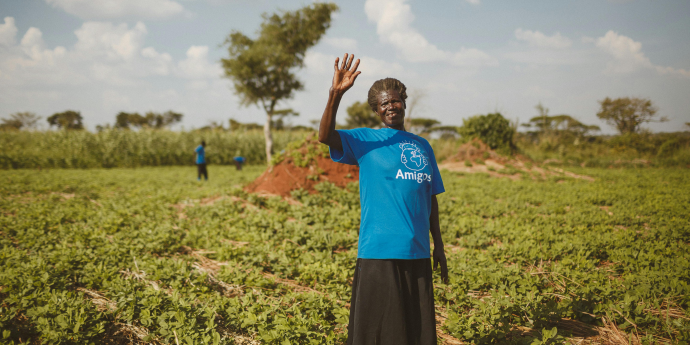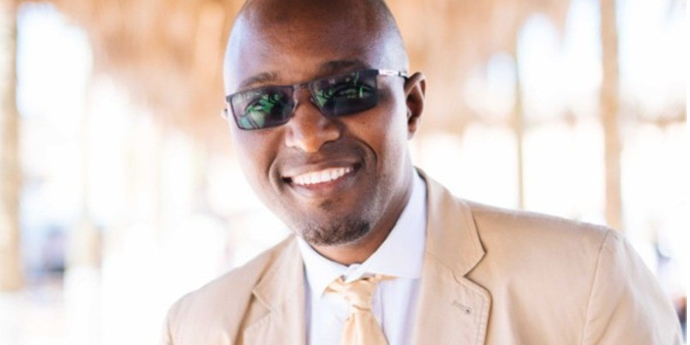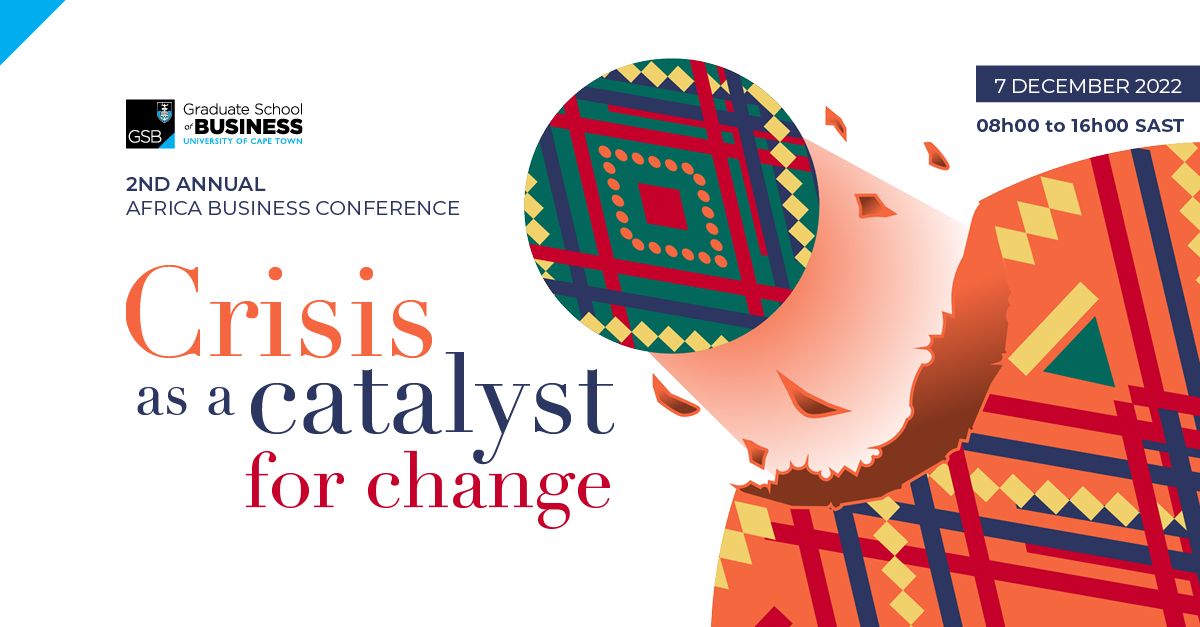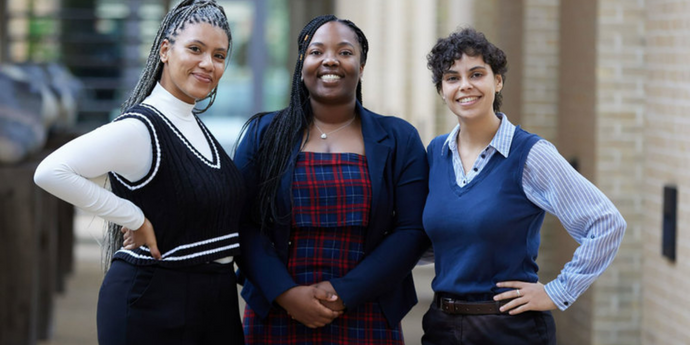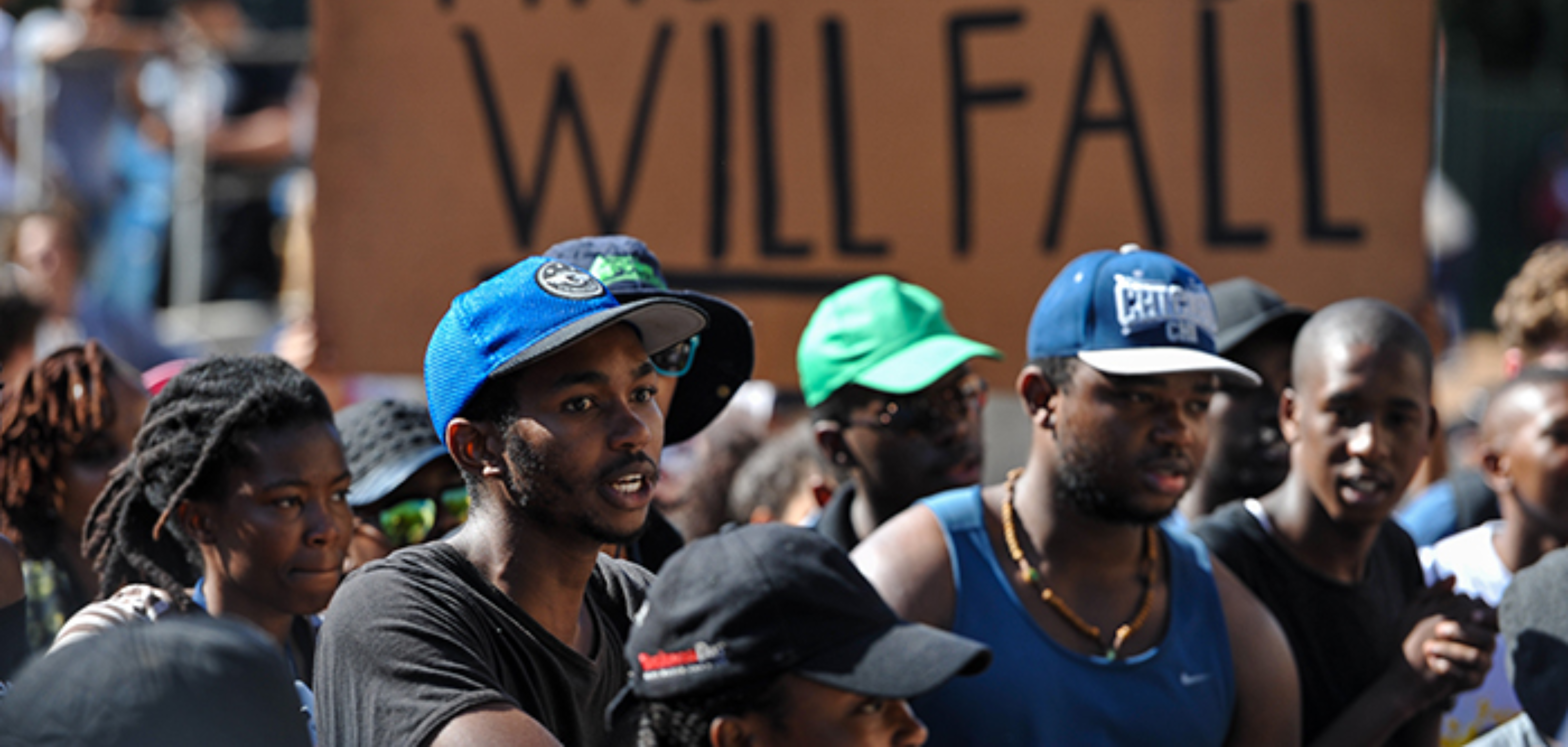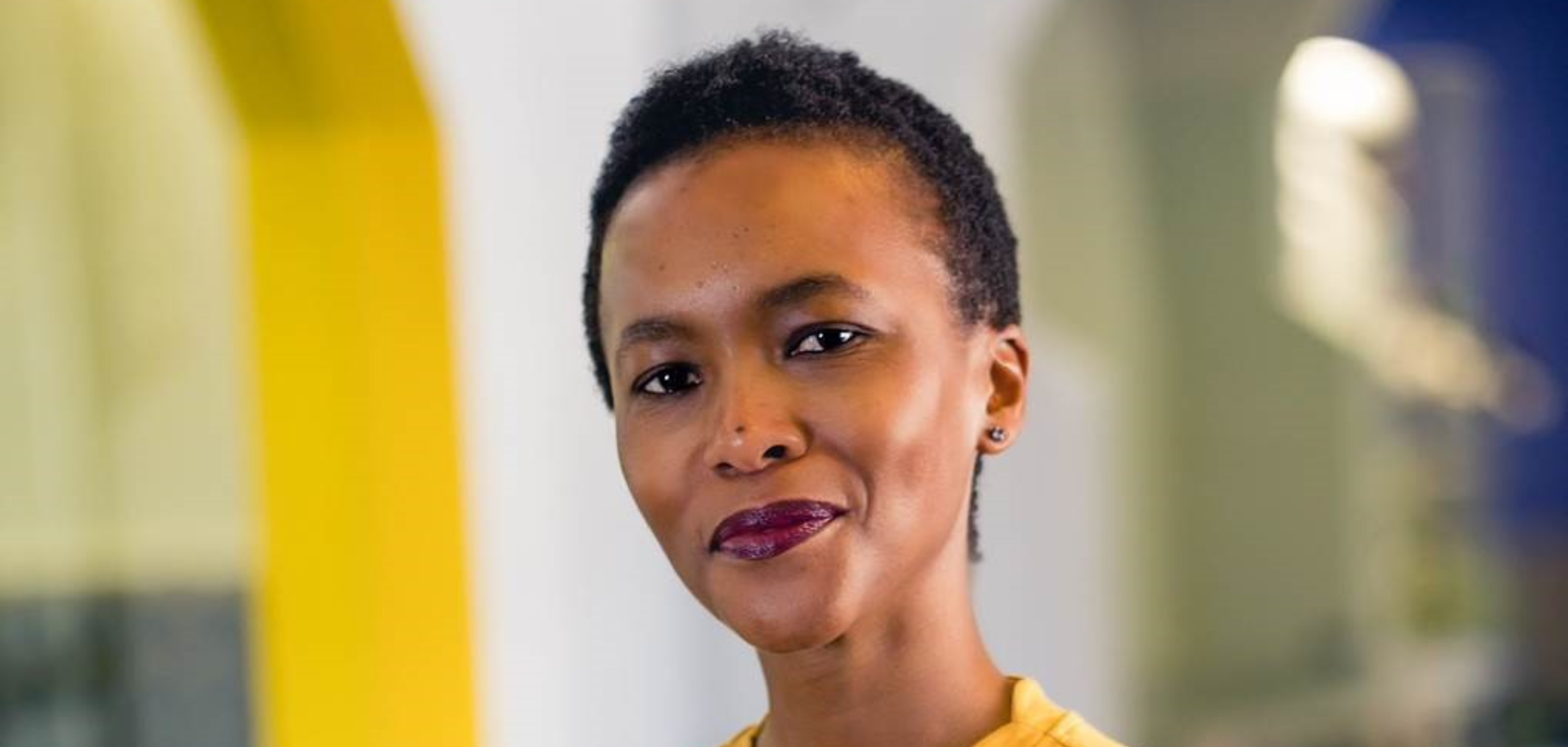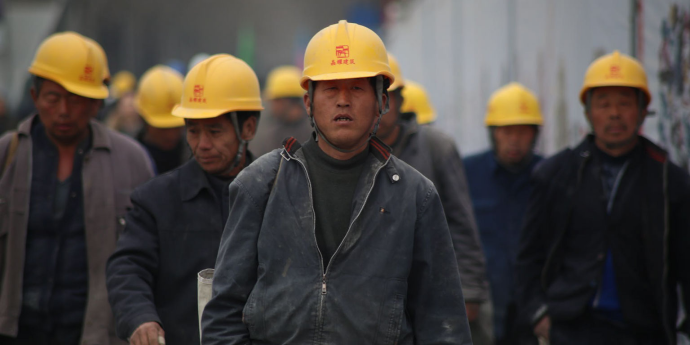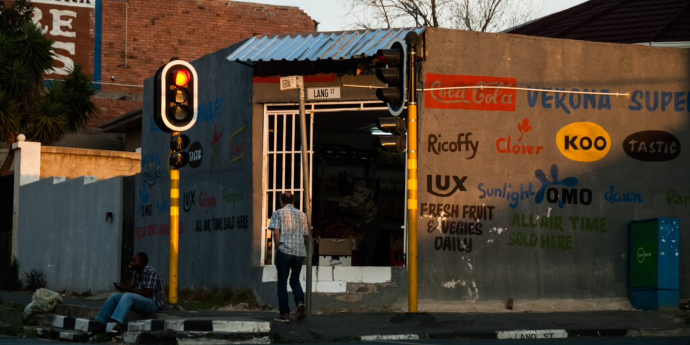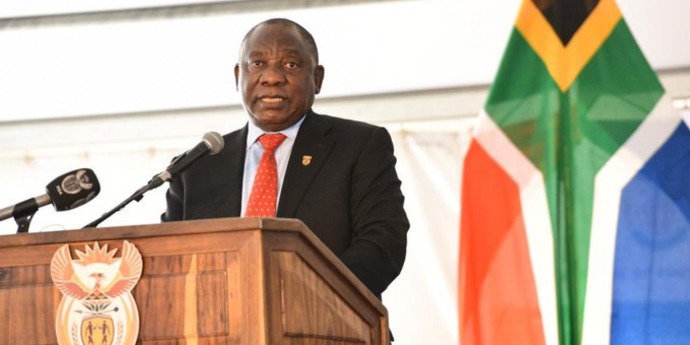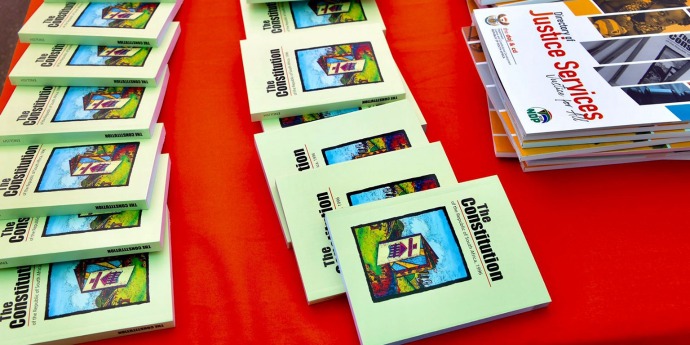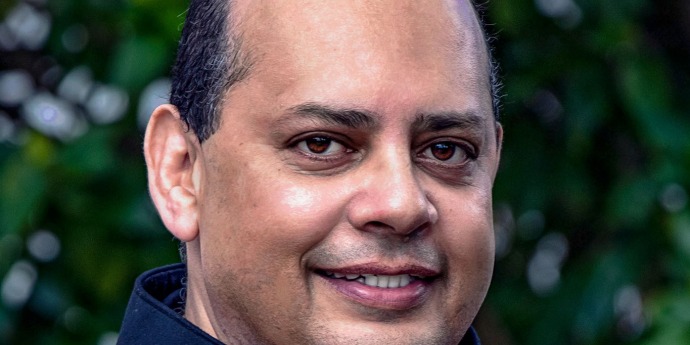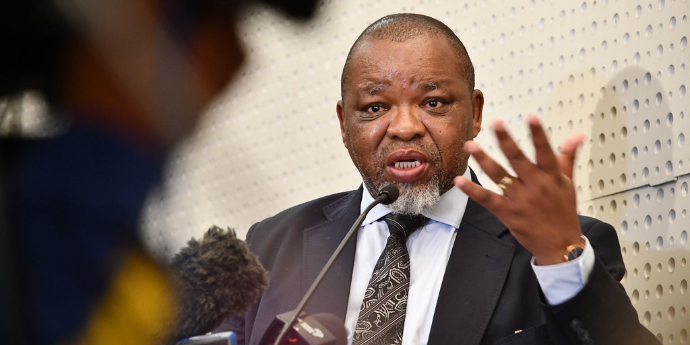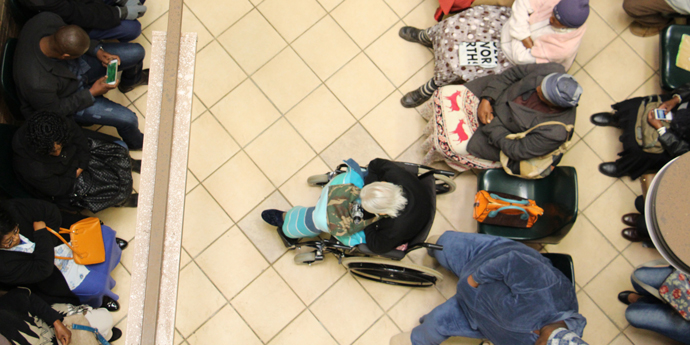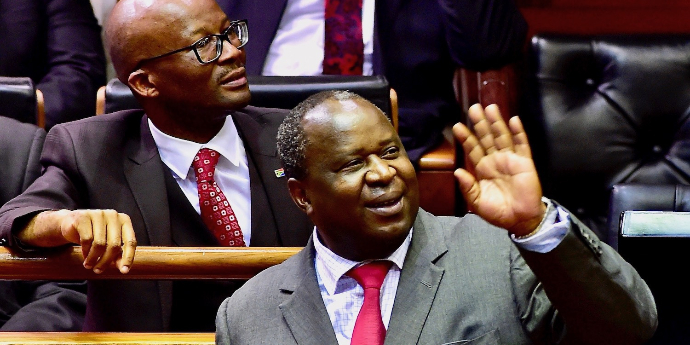The suspension of USAID funding to South Africa for ninety days – potentially for the duration of Donald Trump’s term undoubtedly has far-reaching global consequences. One of these consequences is that local countries will need to assume greater responsibility for providing aid. Indeed, some aid recipients believe that the “freeze is an opportunity to work towards self-reliance”, as reported by Al Jazeera News on 3rd February 2025.
The former President of Kenya, Uhuru Kenyatta, reacted to the news of USAID suspension by stating, “It is time for us to use our resources for the right things; we are all using our resources for the wrong things.” Other commentators, such as Abdullahi Boru Halakhe, a senior advocate for East and Southern Africa at Refugees International, noted that one of the implications is the need for local organisations to “step up”.
However, this notion of stepping up is far more complex than it may initially appear. Organisations addressing social development challenges in countries like South Africa rely heavily on donor funding. The suspension of USAID will result in a greater reliance on local philanthropic donors and Corporate Social Investment (CSI) from the business community. With an increasing demand for their funds, these donors are likely to become increasingly strategic about the programmes and organisations they support to achieve the impact they’re looking for at the needed scale.
Ensuring optimal outcomes
Such well-funded programmes attract talented and dedicated individuals who possess a profound understanding of the ecosystem from which social challenges emerge. They draw in passionate individuals who channel their skills and expertise towards making a meaningful contribution. Often, these are specialists in their respective fields. One aspect of stepping up involves ensuring that donor funds are deployed effectively for optimal outcomes. This represents a step up in our perspective on the governance of donor funds, irrespective of their source. It targets the community that bears fiduciary responsibility to ensure that donor funds are strategically and effectively utilised. This necessitates a step up in Board governance within the social sector and a step up for individuals who contribute their specialist expertise to broaden their skill set and manage their organisations with a balanced mix of compassion and savvy. Achieving this is considerably more challenging than many realise.
We need to pay greater attention to the support needed for sector Boards and Directors to a) develop a clear understanding of and b) clarify expectations regarding fulfilling their fiduciary responsibility. This will give local and international funders greater confidence that fund recipients are held accountable and know what it means to hold others accountable.
Social development specialists
Many organisations in the social development sector have specialists at their helm. These individuals are often well-recognised for their advocacy. However, their management skills have been cultivated organically over time and stand in stark contrast to their counterparts in the business sector, whose career paths are deliberately bolstered by investments in managerial capacity building. Another difference is that the Boards bearing fiduciary responsibility are frequently volunteers in one sector and paid professionals in the other. These differences may explain why conflicting views on who is accountable to whom develop among stakeholders such as the beneficiary, the funding recipient, the recipient’s board, the funder, and the funder board. Such conflicting views may further contribute to questions of confidence by donors, which have far-reaching consequences for beneficiaries in need.
Therefore, as we strive to make sense of what is unfolding in the global political arena, it may be beneficial to look closer to home and evaluate how we can step up our accountability and effectiveness in local organisations that provide and receive aid.
Kay Lala-Sides is an MPhil in Inclusive Innovation graduate and PhD candidate in the field of cross-sector collaboration at the University of Cape Town’s Graduate School of Business. She has a background in management consulting, organisation development and strategy development and implementation in the private sector. Kay has served on and worked with Boards for over a decade in the private sector and five years in the non-profit sector. The views expressed in this article do not necessarily represent the views of the GSB.





